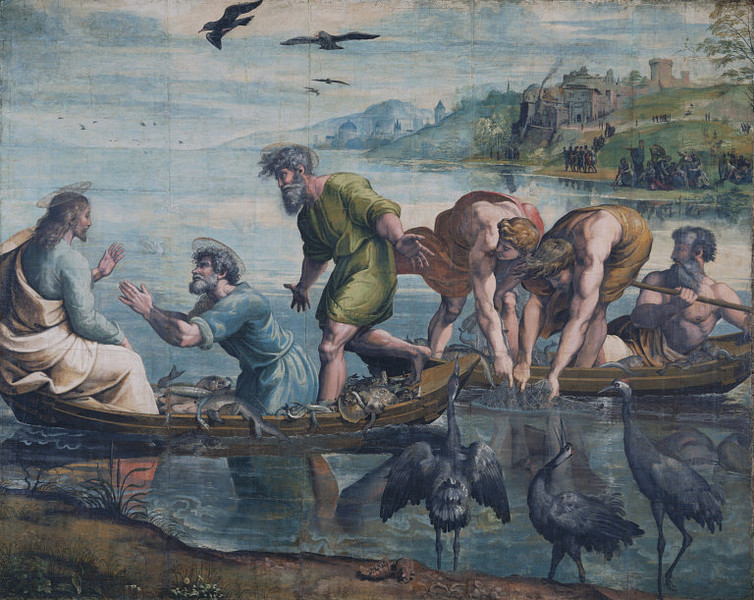Recently I finished the Columbus “half” of a book entitled Columbus and Cortez, Conquerors for Christ by John Eidsmoe. The author’s goal was to provide a more well-rounded account of their voyages. While there was much injustice done through the colonization that resulted from Columbus’ voyages, there is a very significant side of the story that is never told.
A primary reason that Columbus wanted to find another route to the Indies was to spread the gospel. He communicated this frequently in his writings to the king and Queen of Spain, in his personal journal during his voyages, and in his compilation, Book of Prophecies, which was about the gospel spreading to distant lands. Thanks in part to Gutenberg’s printing of the Bible, Columbus’ understanding of God’s heart to bring His Good News to the ends of the earth exceeds that of many Christians today, even though we have more resources on the matter than Columbus could have ever dreamed of. For example, in his Book of Prophecies, Columbus cited Isaiah 60:9 (NASB), among other verses, as his motivation and justification for such a risky endeavor:
Surely the coastlands will wait for Me;Columbus understood that God intended for distant lands to know Him, and he believed that he was one of God's instruments for this purpose.
And the ships of Tarshish will come first,
To bring your sons from afar,
Their silver and their gold with them,
For the name of the Lord your God,
And for the Holy One of Israel because He has glorified you.
Once Columbus discovered the isles of the Caribbean, King Ferdinand and Queen Isabella sent priests and clerics to aid in the conversion of the natives. Columbus recorded that the Arawak tribe were a peaceful people, but the Caribs were quite the opposite. According to journals of eyewitness accounts, the Caribs were a terror to the Caribbean. They captured other tribes, emasculating the boys to fatten them up for a future meal. They kept the women as concubines and sodomized and ate the men. They depopulated entire islands by this practice. Their beliefs required that they pray to their gods for discernment of whether to murder an ill father, and they, like some other indigenous people groups, sacrificed children in worship.
In an effort to control these natives, Columbus followed the common practice of Christianity of the day which allowed for the enslavement of enemies. To be very clear, I believe this is evil. Yet like many Christians today, we often participate in the sins of a wicked and perverse generation for lack of discernment and biblical understanding. For example, many Christians see nothing wrong with abortion, or at least aren’t willing to take the right to abort away from others. While this does not excuse or justify this tragedy, it helps us to understand that Christians could have legitimately been true Christians and still have participated in or contributed to such evil.
.jpg) |
| 12 October 1492 – Christopher Columbus discovers The Americas for Spain, painting by John Vanderlyn [Public domain], via Wikimedia Commons. |
While Columbus and his men were imperfect, and perhaps some even intended evil, I am thankful for Columbus’ heart for the Great Commission. I also view this as a lesson for Christianity on the importance of evaluating our own mission for Christ—whether we are implementing it with great care and faith, holding to the principles of the Bible, or are we being sloppy, largely influenced by the evil that the “Christian” culture inadvertently approves.
